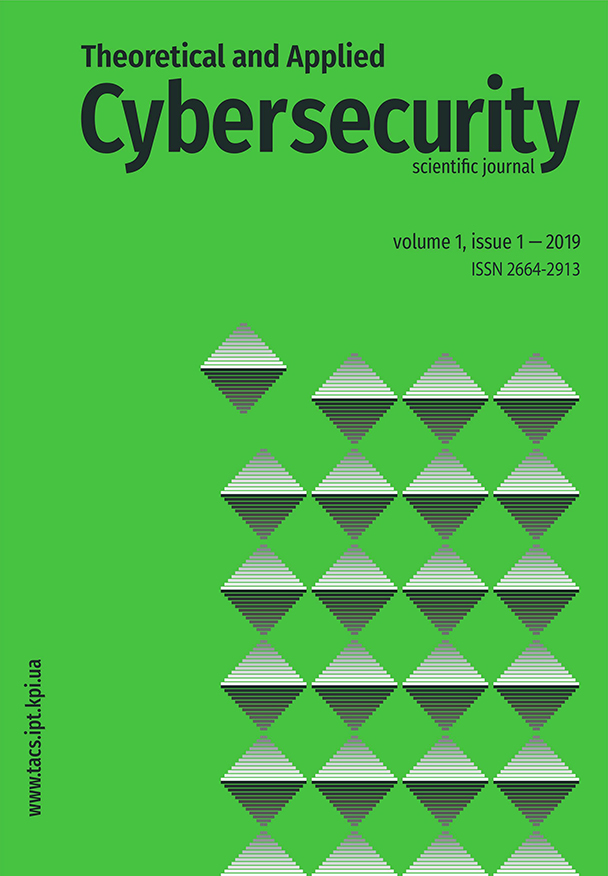Comparative Analysis of the Cybersecurity Indices and Their Applications
DOI:
https://doi.org/10.20535/tacs.2664-29132019.1.169090Abstract
The paper provides a comparative analysis of the structure, methodologies and applications of the most famous international cybersecurity indices: the Global Cybersecurity Index (GCI), the National Cybersecurity Index (NCSI), the Index of Cybersecurity (ICS). According to this survey, all these indices are determined by expert evaluation, but have different purposes. GCI and NCSI have similar pool of respondents, they are more trusted due to data verification, but have different system of indicators and evaluation. GCI includes the most extensive set of indicators, NCSI is the most accurate, reflects the up-to-date cybersecurity situation and has online tools for data processing. Data verification for ICS is not applied, but this index is unique in evaluation not countries but risks (probability of threats, activity of cyberattack actors, etc.). An analysis of coherence of the economic activity indicators and the e-indices, including cybersecurity indices, suggests that the development of information and telecommunication technologies correlates with the development of innovation and economic activity, state power in countries with advanced information infrastructure is more stable. At the same time, there is a tendency for non-compliance of the cybersecurity level with the development of information and telecommunication infrastructure.
Downloads
Published
Issue
Section
License
Authors who publish with this journal agree to the following terms:
Authors retain copyright and grant the journal right of first publication with the work simultaneously licensed under a Creative Commons Attribution License that allows others to share the work with an acknowledgement of the work's authorship and initial publication in this journal.
Authors are able to enter into separate, additional contractual arrangements for the non-exclusive distribution of the journal's published version of the work (e.g., post it to an institutional repository or publish it in a book), with an acknowledgement of its initial publication in this journal.
- Authors are permitted and encouraged to post their work online (e.g., in institutional repositories or on their website) prior to and during the submission process, as it can lead to productive exchanges, as well as earlier and greater citation of published work (See The Effect of Open Access).

